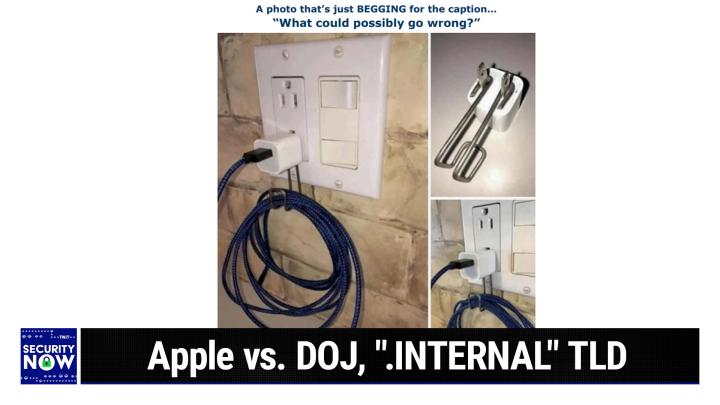Inside the GoFetch Flaw: Understanding the DMP Vulnerability in Apple Silicon
AI written, human edited.
In a recent episode of Security Now, hosted by Steve Gibson and Leo Laporte, the show delved into the much-talked-about GoFetch flaw, which has been causing a stir in the tech world. The flaw, discovered by a group of researchers, revolves around a performance optimization feature called Data Memory-Dependent Prefetchers (DMP) found in Apple’s M-series chips. Despite the sensationalized headlines claiming that the flaw is "unpatchable" and a "vulnerability in Apple chips," Gibson clarifies that the reality is far more nuanced.
The DMP feature, designed to speed up Apple’s proprietary silicon, works by anticipating future data needs based on what might be pointers in the data being fetched. While this optimization seemed like a clever idea at the time, the researchers discovered that the DMP’s aggressive behavior could be exploited to create an inadvertent side channel, leaking secret keys from cryptographic operations.
However, Gibson emphasizes that the flaw is not inherent to Apple’s silicon itself, and the chips are not fundamentally flawed. Instead, the vulnerability arises from the DMP’s overly helpful cache prefetching system, which can be tricked into misfiring and leaking sensitive data.
Contrary to some reports, the issue is not "unpatchable." In fact, Apple’s latest M3 chip includes an "off switch" for the DMP feature, likely in response to the researchers’ initial findings in 2022. Additionally, older M1 and M2 chips have a workaround, as only the performance cores (Firestorm) are affected by the DMP issue, while the efficiency cores (Icestorm) remain secure. By moving cryptographic operations to the efficiency cores, the vulnerability can be mitigated.
Gibson also notes that the attack would require local access and targeted software installation on the victim’s machine, making it a less immediate threat than some headlines suggest. Nonetheless, he expresses concern over Apple's silence on the matter, especially given the 107-day notice they received from the researchers.
As the tech community awaits Apple's official response, it is essential to separate facts from fiction surrounding the GoFetch flaw. While the vulnerability is indeed serious and requires attention, it is not an insurmountable challenge or a fundamental flaw in Apple's chip design. With the right mitigation strategies and open communication from Apple, the issue can be effectively addressed, ensuring the security of users' sensitive data.
Become a subscriber and never miss an episode: Security Now
